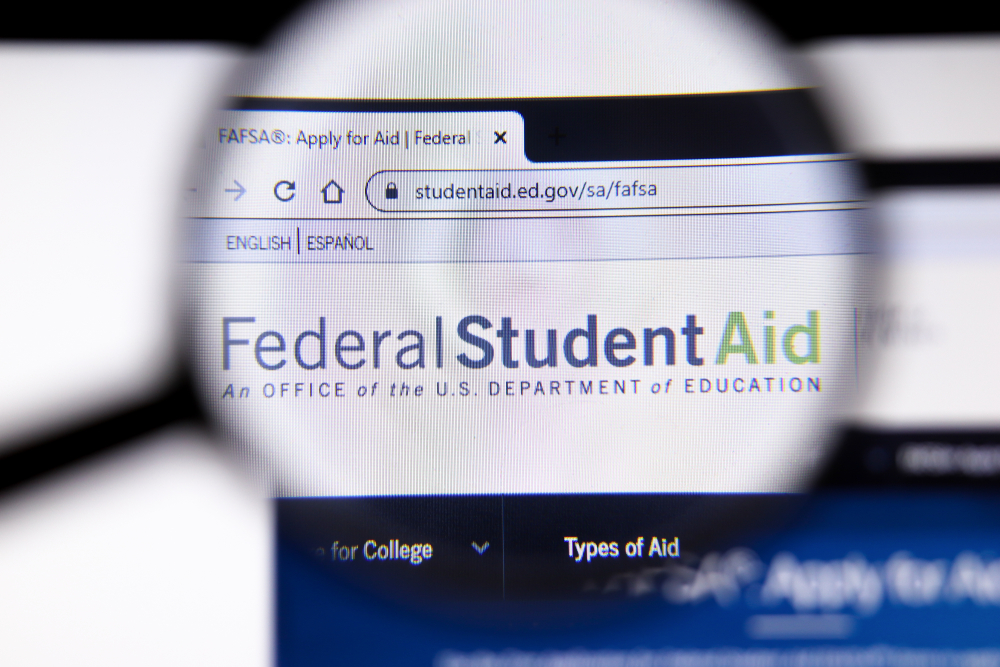3 Common FAFSA Myths, Busted!
As high school years start coming to an end, getting ready for college can be an overwhelming process for both students and parents. One of the most common and biggest stressors is filing the Free Application for Federal Student Aid (FAFSA). There tend to be quite a few falsehoods floating around about the program—so, let’s do a little myth-busting!

My parents make too much money, so I won’t qualify for anything.
Not necessarily! There are three types of federal financial aid: grants, loans, and work study programs. While you may not receive any grants, because these are need-based, you are still eligible for federal loans and the work-study program!
FAFSA is free money for school.
While the FAFSA is intended to help pay for school, it’s not all free money, and you may be required to pay some back. There are three parts of FASFA: grants, loans, and work-study programs. Here’s a look at how each works:
Grants: A grant is a form of financial aid that doesn’t have to be paid back. Grants can come from the federal, state, or college level. Most grants are given based on a financial need. They have to qualify on the income level. If you stop attending school or your enrollment status has changed with the school, you may be required to pay a grant back.
Loans: Financial aid offers two kinds of federal loans: Subsidized and Unsubsidized. Subsidized is borrowed funds (loans) that do not accrue interest while in school. Once a student has graduated or stopped attending school, the interest will start accruing. Unsubsidized is the same as a subsidized loan, however these accrue interest over the entire life of the loan. Both of these loans are in the student’s name only and tend to have a lower interest rate than any private loan.
Work-Study: The federal work-study program allows students to work part time in school to help with the costs. Students are paid minimum wage or more depending on the job and skill set. The student is paid directly, unless they set up a different method with their financial aid office. The types of jobs available for work-study all depend on what’s available at the school the student is attending. To learn more about the work-study program, click here.
You only have to file the FAFSA once.
This is indeed false! The FAFSA has to be filed every year to ensure that, if a financial status has changed for the student and/or their family, the amount a student is eligible for is accurate to and they are still getting the most aid possible. Plus, new grants or scholarships may be created since a student has filed originally.
Questions?
We’re here to help! Please call 800.825.3641, ext. 8265 or email our Youth and College Support Team with any questions.
